After a long day of work, study and all sorts of busy things, the evening seems to be the only time of day when everyone can truly rest.
Lights off, quiet space, phone or tablet becomes a familiar entertainment tool to surf social networks, watch videos , read news or chat with friends.
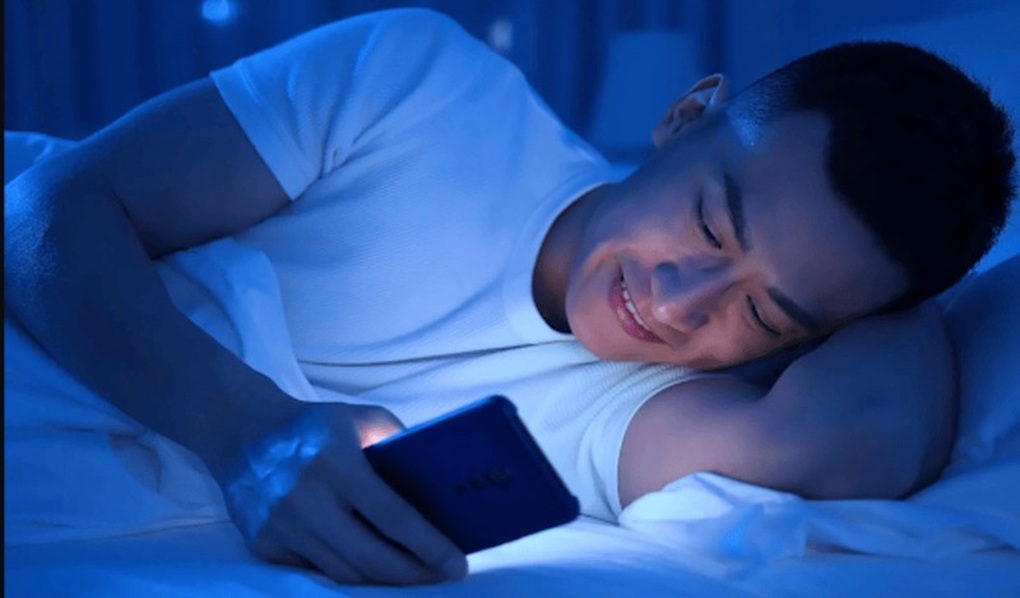
Light from screens is the last thing many people see before going to bed (Photo: Getty).
Even though it's late, the feeling of "not doing anything for myself all day" makes many people still try to stay a few more minutes on their phones.
Some people tell themselves “just watch this and then go to sleep”, but then get carried away with one video or another.
Many people unconsciously see it as a way to compensate for the limited private time they have during the day, not realizing that this seemingly harmless habit can secretly harm their health.
Fooled by the Illusion of Rest
When the lights go out, the surrounding space is immediately plunged into darkness. At this time, the phone screen or electronic device becomes the only source of light. In a low-light environment, the blue light from the screen not only becomes dazzling but also creates a strong contrast with the surrounding darkness.
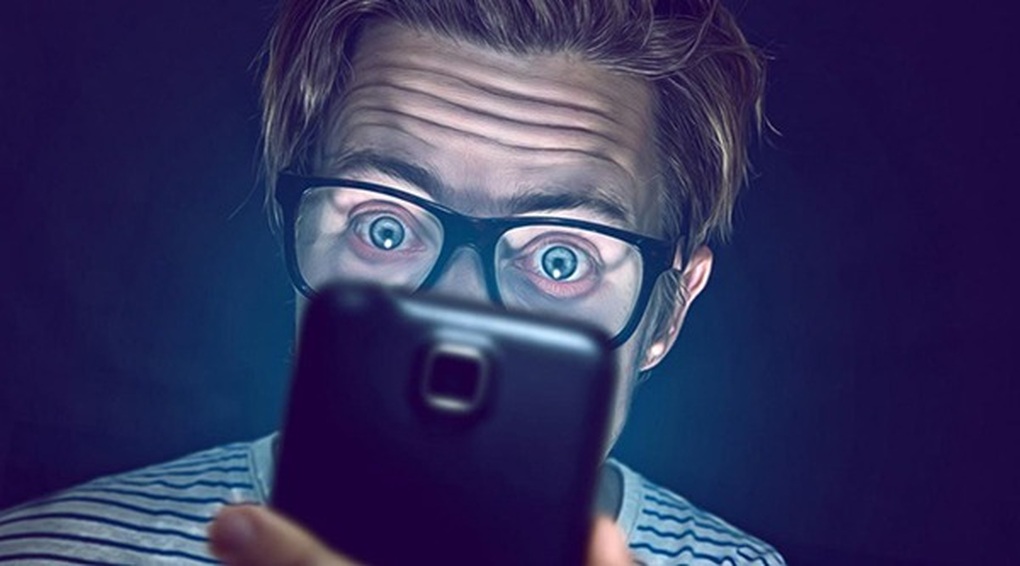
Pupils dilate, visual system works overload in low light conditions (Illustration photo).
This contrast forces the pupil to dilate to take in enough light. At the same time, the eye must process both high-energy and intense blue light, forcing the visual system to work continuously under less than ideal conditions.
Blue light is a type of light with short wavelength and high energy, which can penetrate both the cornea and lens to directly contact the retina.
According to research published in the International Journal of Ophthalmology, long-term exposure to blue light can lead to damage to retinal pigment epithelial cells - an important part that helps protect and nourish photoreceptor cells.
When these cells are damaged, their ability to recover is almost zero, leading to vision loss over time.
Not only does blue light affect the eyes, it also silently affects the skin.
Beneath the skin’s surface, collagen and elastin are two proteins that act as a “support framework” to help keep skin firm and elastic. However, blue light can penetrate the epidermis and disrupt the synthesis of these two important components. As a result, the skin becomes more prone to sagging, loses elasticity, and wrinkles form more quickly.
A report from Harvard Medical School shows that blue light has the ability to inhibit the production of melatonin - a hormone that plays a role in regulating sleep and the body's natural circadian rhythm.
When melatonin levels decrease, people who use their phones at night often fall into a state of unusual alertness, having difficulty falling asleep even though their bodies are tired. This condition, if prolonged, can lead to the phenomenon of “social jet lag”.
When sleep is not guaranteed, the skin's metabolism slows down. At this time, melanin pigment accumulates longer, easily forming dark circles and dark skin areas, making the face less fresh.
After a night of "sleeping with the phone", many people not only feel tired due to lack of sleep but also see clear signs of skin deterioration, looking visibly older.
Myopia increases by more than 40% if using screen more than 2 hours per day
It's not just when we use our devices, but how we interact with them that can silently have negative impacts on our health.
When looking intently at the screen, the brain will "command" the body to concentrate, unintentionally causing the blinking frequency to decrease sharply, from about 15-20 times/minute to only 5-7 times/minute.
Blinking less often means the tear film is not renewed as often, leading to a feeling of dryness, discomfort, and even burning in the eyes.
A study published in Harvard Health Publishing confirms that dry eye is directly linked to prolonged use of digital devices, with unconscious reduction in blinking frequency being a common but often overlooked cause.
Frequently bowing your head when using the phone also silently puts great pressure on the cervical spine.
The average weight of an adult head ranges from 4-5kg. However, when the head is bent forward about 45 degrees, the force on the cervical vertebrae can increase 4-5 times, equivalent to 20-25kg. The spine then has to "carry" a weight on the neck for many hours a day.
According to biological structure, the cervical spine has a C-shaped physiological curve that helps disperse force and flexibly support the head. However, when maintaining a bowed head position for too long, this curve gradually straightens, causing the discs between the vertebrae to be continuously compressed.
Over time, this can easily lead to degeneration, bulging or displaced discs, causing pain radiating down the neck, shoulders and arms.
The habit of using the phone lying on your side also has potential risks. The distance between the eyes and the screen is not even, so one side has to adjust more than the other. If prolonged, this imbalance can cause eye fatigue, difficulty concentrating, and affect the ability to coordinate between the two eyes.
Not only adults, children are also facing high risks of vision problems if they use electronic devices too much.
According to research published in JAMA Network Open, children who use electronic devices for more than 2 hours a day have a 40% higher risk of nearsightedness than those who use them for less than 1 hour.
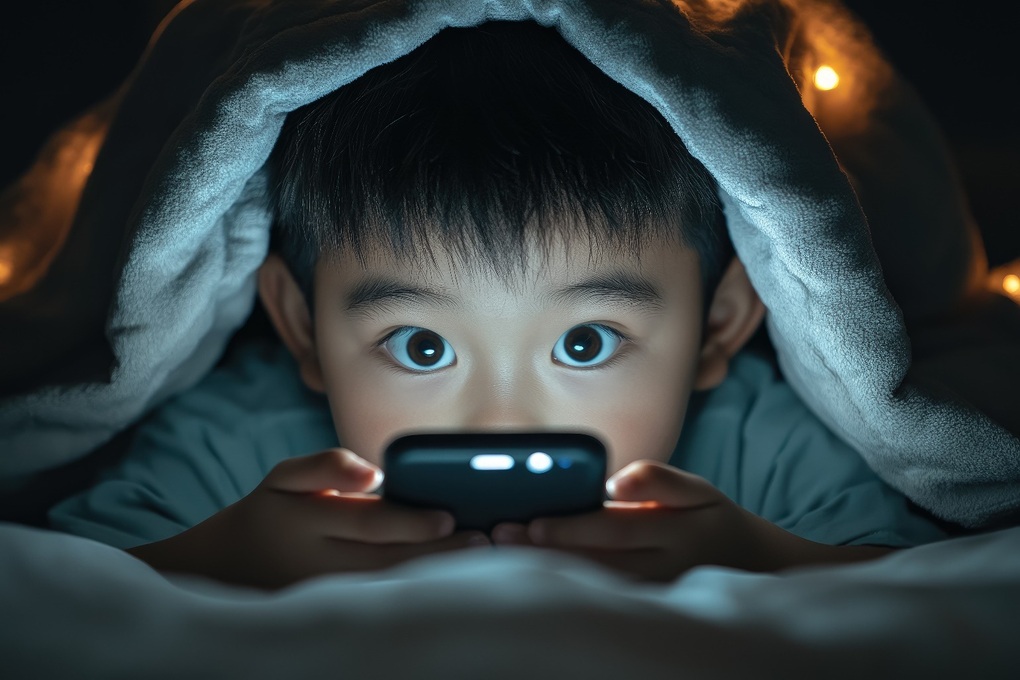
Children who use electronic devices more than 2 hours a day have a 40% increased risk of myopia (Illustration photo).
The World Health Organization (WHO) has also recommended that children under 5 years old should not look at screens for more than 1 hour per day, while adults should maintain a reasonable usage time, especially avoiding using devices before going to bed.
The eyes are the windows to the world , but they are also vulnerable to small, repetitive habits every day. Don't let a few brief moments of entertainment cost you a silent, long-term impact on your vision.
Source: https://dantri.com.vn/suc-khoe/cai-gia-am-tham-tu-thoi-quen-moi-toi-hau-nhu-ai-cung-lam-20250924114705690.htm







![[Photo] Soldiers guard the fire and protect the forest](https://vphoto.vietnam.vn/thumb/1200x675/vietnam/resource/IMAGE/2025/9/27/7cab6a2afcf543558a98f4d87e9aaf95)




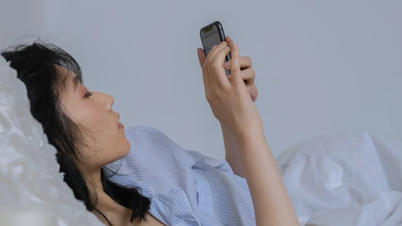

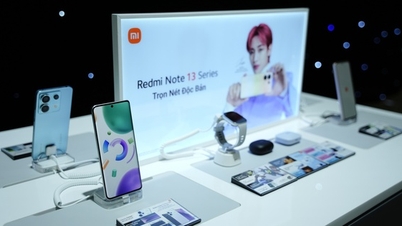




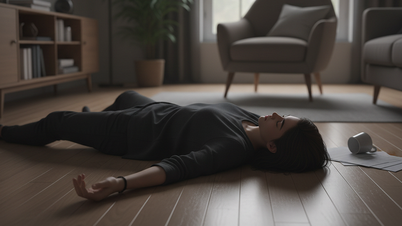













![[Photo] Prime Minister Pham Minh Chinh attends the 1st Hai Phong City Party Congress](https://vphoto.vietnam.vn/thumb/1200x675/vietnam/resource/IMAGE/2025/9/27/676f179ddf8c4b4c84b4cfc8f28a9550)
































































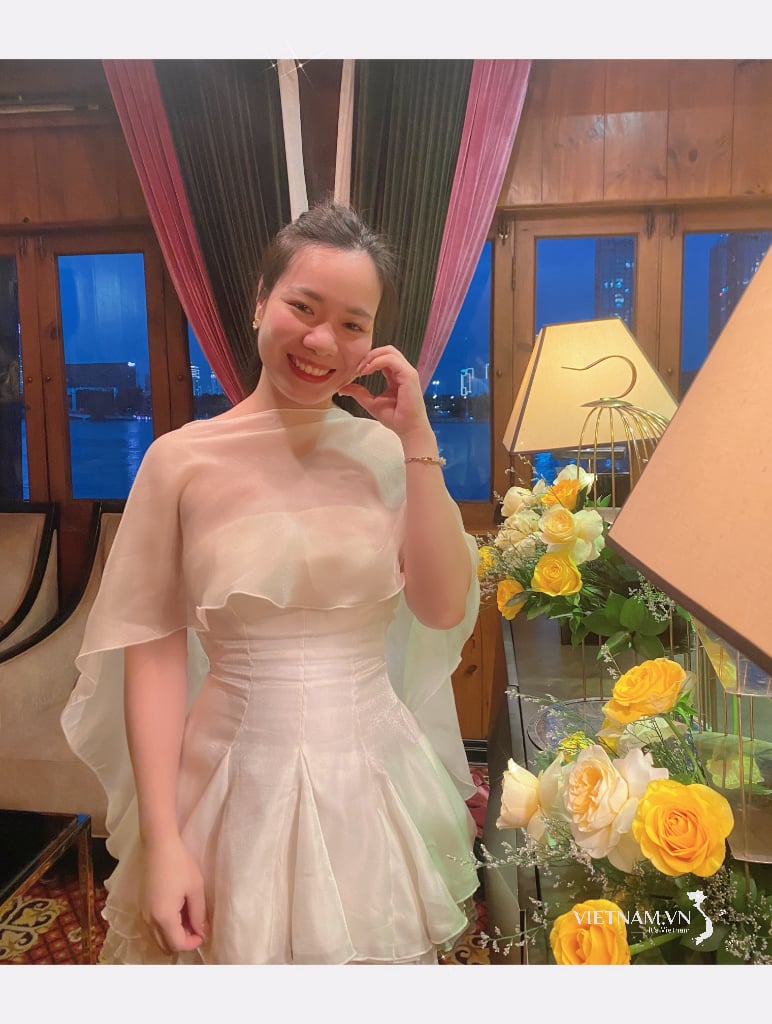
Comment (0)